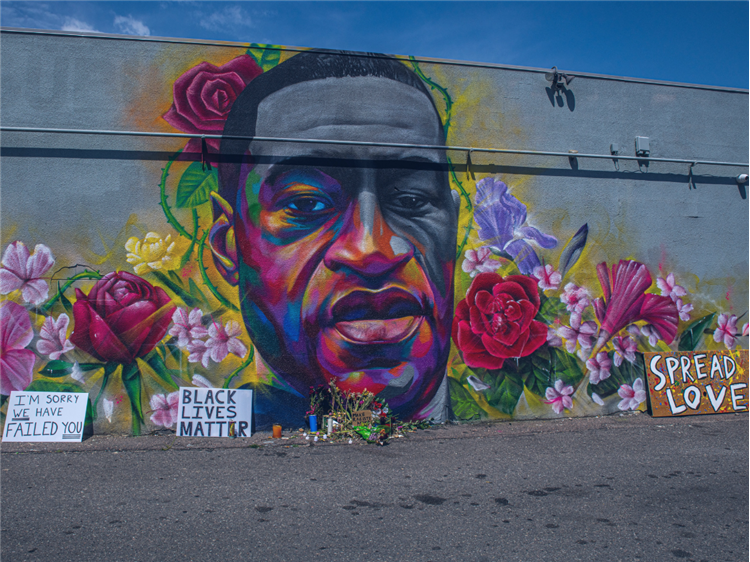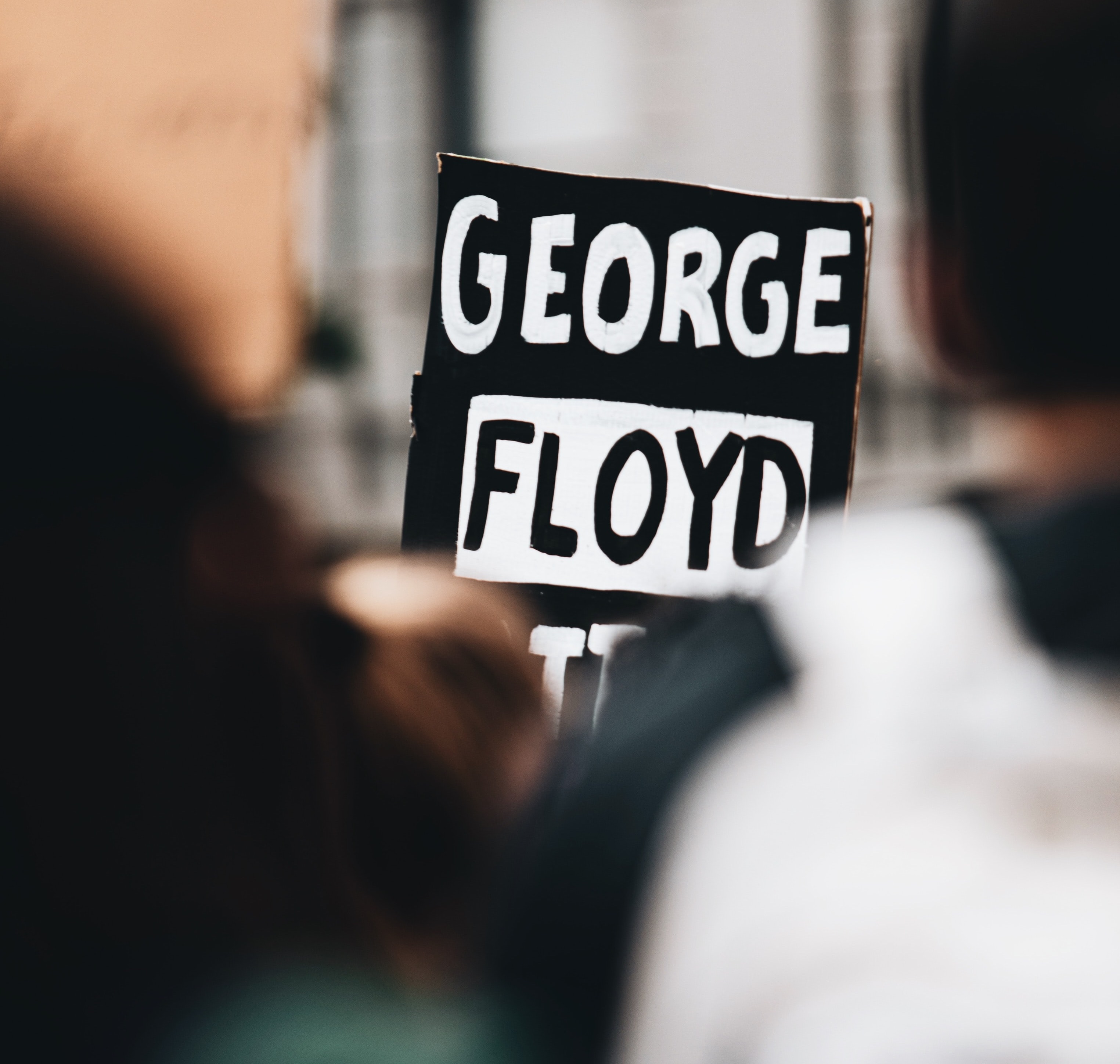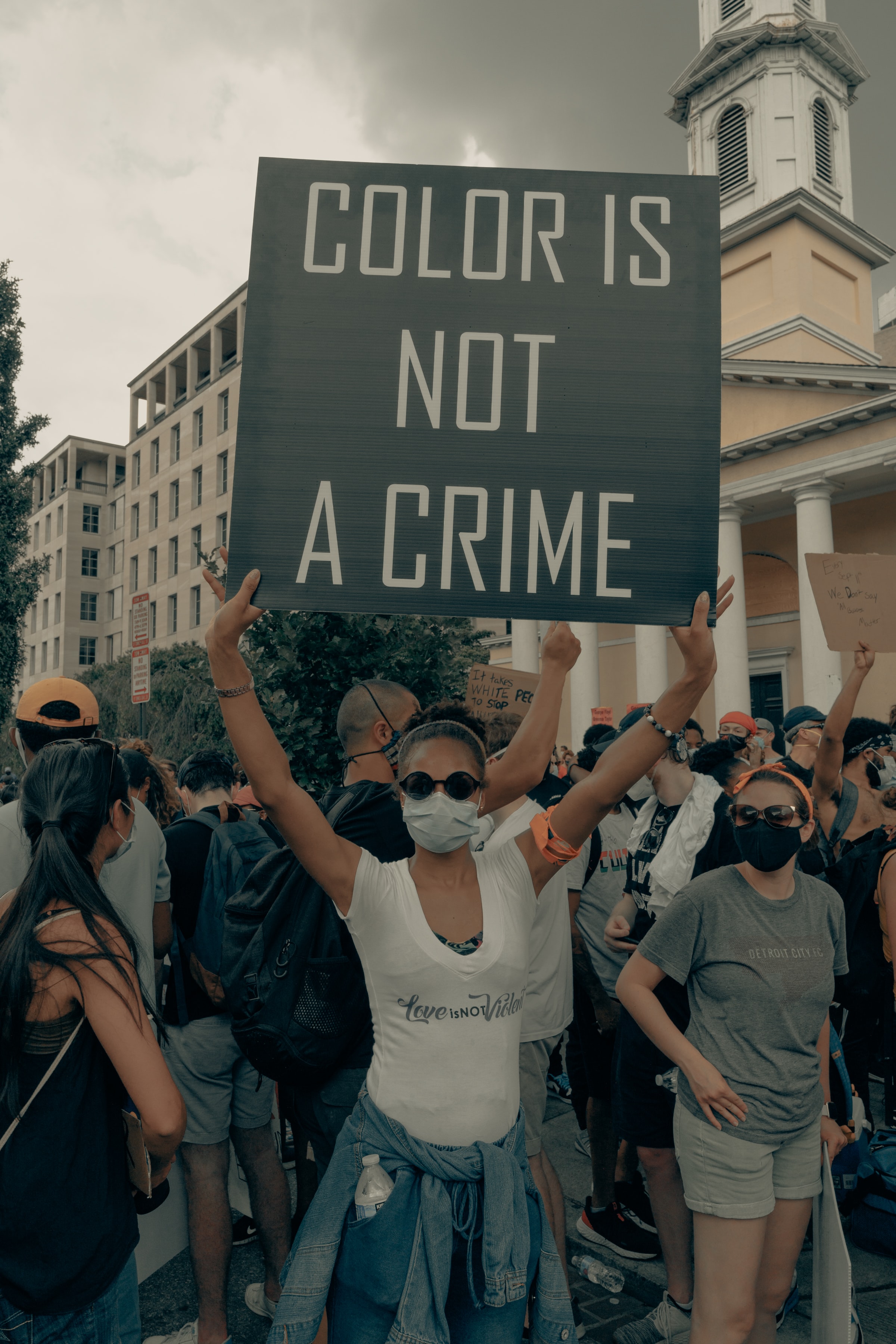
George Floyd Remembrance Day - What Is It and Why?
Today marks two years since George Floyd was murdered by police officerDerek Chauvin, in Minneapolis, Minnesota. A video of the incident depicts Chauvin kneeling on unarmed black male, George Floyd, for over 9 minutes, despite his efforts to communicate his inability to breathe. After a few minutes, George stopped speaking and lost consciousness. He was pronounced dead in hospital an hour later.

What Happened to George Floyd?
On May the 25th, officers responded to a call from a store clerk suspecting Mr. Floyd of paying for cigarettes with a counterfeit $20 bill. 17 minutes after their arrival on site, George Floyd was laying on the floor motionless. Although police were informed Floyd was apparently drunk, he never showed any signs of aggressive behaviour and complied with their orders.
The clear abuse of power shown by police officers in this case and with many others before led to widespread outrage, local, national, and international protests and demonstrations against police brutality and institutional racism in policing.
The local protests began in the Minneapolis-Saint Paul metropolitan area of Minnesota and quickly spread across the globe. These waves of protest are not recent, dating back to the killing of Trayvon Martin where George Zimmerman was acquitted of 2nd-degree murder and manslaughter, which would create the #BlackLivesMatter movement. Alicia Garza, Patrisse Cullors and Opal Tometi created this black-centred political movement, building a project called Black Lives Matter. Their mission? To eradicate white supremacy and build local power to intervene in violence inflicted on Black communities by the state and vigilantes. They got more notoriety in 2014 after the deaths of Michael Brown in Missouri and Eric Garner in New York. Since then, Black Lives Matter has established itself as a worldwide movement, particularly after the death of George Floyd.

Why Protest?
Before you argue on the necessity of these protests I pledge you understand the frustration and sentiment that lead the community. As black people in racist America are continuously silenced, ignored, and violated when protesting peacefully many find the need to be louder, bigger, and more persistent until they are heard! Think of it as an alarm - the longer it gets ignored the louder it gets to grab attention and get incite the reaction needed. Black Americans are this alarm; being ignored and placed on snooze for centuries. Now they feel the need to scream and shout and put up even more of a fight to be heard.
You may be telling yourself ‘it has been going on for years. why fight, why protest, why bring these things to light if they will continue to be ignored?’ The reason is simple. The more we lift our voices for those who can’t, the more we protest for what is right, the more we create strategic ways to be heard the more they areforcedto listen and I’ll prove that to you:
In June 2020, Congress introduced the “Justice in Policing Act of 2020”- a police reform and accountability bill containing measures to combat police misconduct, use of excessive force and racial bias in policing. This bill also includes several provisions which aim to improve oversight, accountability, training, and documentation while placing restrictions on techniques like chokeholds and the use of deadly force.
During this period States and municipalities adhered to this and made several adjustments to their Police department’s reforms:
On June 5, 2020, California Governor, Gavin Newsom banned the use of carotid chokeholds. California Attorney General, Xavier Becerra also recommended 9 key reforms including banning the use of chokeholds, requiring officers to de-escalate situations and give a verbal warning before using force, and requiring officers to intervene to stop another officer from using excessive force.
On June 1, 2020, San Diego Police Department announced an immediate ban on carotid chokeholds.
On June 13, 2020, the Colorado General Assembly passed SB20-217, banning the use of chokeholds, the use of tear gas without announcing or allowing people to disperse and requiring all officers to use body cameras.
On June 12, 2020, Iowa Governor Kim Reynolds signed a police reform bill into law, prohibiting the use of a chokehold in an arrest and requires annual anti-bias and de-escalation training for law enforcement.
Additionally, the “George Floyd Law Enforcement Trust and Integrity Act of 2021” was introduced on May 03rd2021, to remove the judicial doctrine of qualified immunity that protects law enforcement personnel from being held personally responsible for violating the rights of citizens. This civil rights bill proposed in the United States House of Representatives by Sheila Jackson Lee, Jerry Nadler, Ilhan Omar and Jason Crow would implement national policing standards and accreditations; would require agencies to share policing data with the Department of Justice and make grants available for new programs that help departments recruit, hire, or increase oversight. This also requires the Department of Justice to assemble a task force responsible for law enforcement misconduct cases.
These reforms show that something did change but there’s a lot more to be done. Looking at the long list of past events we, unfortunately, find that shocking events seem to precede progress and change. Our job is to step up for reformation.
The George Floyd Remembrance Day is not necessarily a celebration of his life, it is another name to a long list. It is another reason to stand up and fight for the lives of the oppressed and we know our voices matter.

So, what can you do? What part can you play?
There are a few practical and impactful ways to fight against injustice and for the purpose of this blog racial injustice.
Here are my top 3:
Educate
Evaluate
Speak against
Educate yourself on the topics of racism. Listen to conversations/podcasts/webinars, read books/blogs. Look up the history that wasn’t taught to us in school, understand the deep rootedness and its impact faced to this day, and research with empathy to understand the experience of those who don’t live, look, or think like you do.
Evaluate yourself. What unconscious biases have been engraved in your person, understand your privilege, and evaluate your past actions based on everything you’ve learnt from research. Ask yourself the difficult questions. This step may be a difficult one (whether you are white, black, privileged, uneducated, or unaffected – independent of your demographic) but it is important to understand that just because it is difficult and conflicting for you, it is far more difficult for those who are aware of and have lived through the pain of racism. They do not owe you empathy and many don’t have much left to offer when they themselves are having to deal with the pain and trauma. It is each individual's responsibility to educate themselves on what biases may affect their thoughts and behaviours and do the required work to unlearn them.
Once you’ve gained knowledge and retrospect you have grounds to speak against the injustice. Whether it is to speak up against your friend’s actions and words or bringing to light issues in a more public sector, fighting to implicate new policies at work or simply donating to charities that are genuine about implementing change. You can do something every day.
It is important to understand this is a cycle, not a straight line. Educate, Evaluate, Speak against, Repeat.

